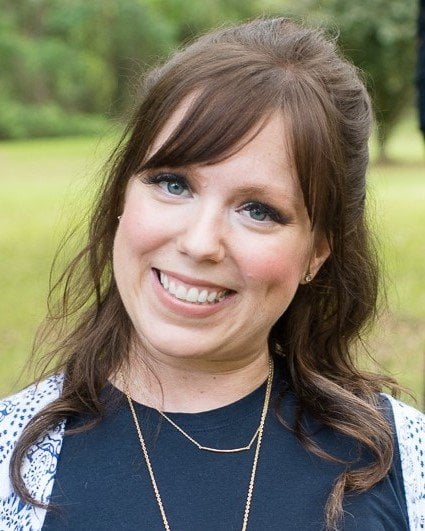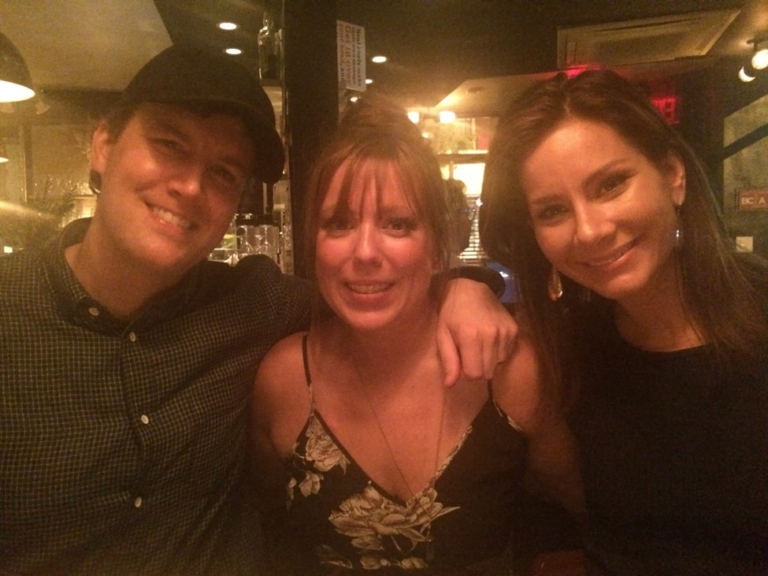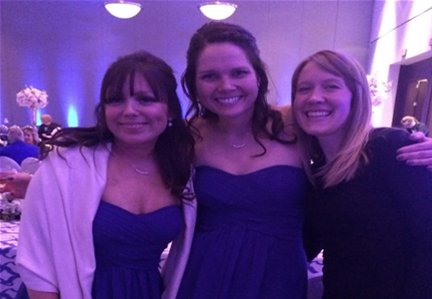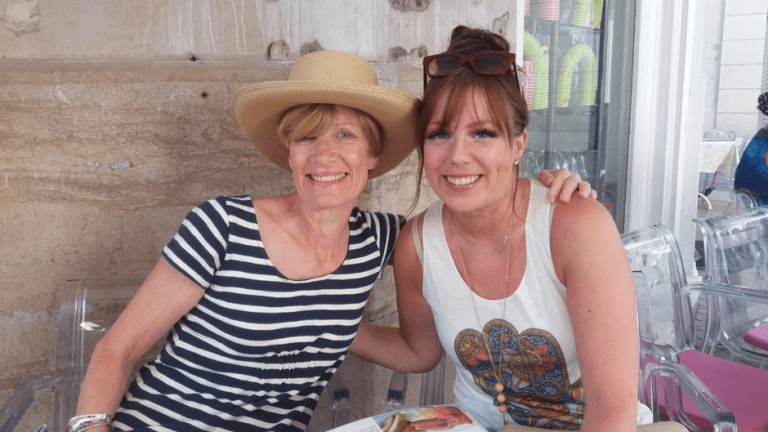The Latest Research on Why So Many Young Adults Are Getting Cancer
By Bill Piersol Thursday, January 16, 2025 It’s a disturbing mystery that has drawn the attention of investigators from across Memorial Sloan Kettering Cancer Center (MSK).
A mission to raise awareness of
young-onset colorectal cancer
#LiveLikeRach is a mission to raise awareness of young-onset colorectal cancer. We want to make known the signs of colorectal cancer, and to impart a sense of importance of screening for early detection.
#LiveLikeRach was founded to spread awareness of young-onset colorectal cancer after Rachel battled the disease at the age of 33. Early screening can make all the difference in preventing young-onset cases from being diagnosed at advanced stages.
Rachel took the battle in stride by taking an interest in the research and starting a blog to document findings and her experiences. If detected early, colorectal cancer can be treatable. #LiveLikeRach aims to continue Rachel’s desire to spread awareness of young-onset colorectal cancer.

Knowing the symptoms of colorectal cancer and understanding your risks may prevent this cancer from happening to you, or help you catch it as early as possible. Some early stages of colorectal cancer may not show any signs. If you have any signs or symptoms of colorectal cancer, you need to tell a doctor ASAP.






Sometimes,
no symptoms at all
Starting at age 45, everyone needs to get screened for colorectal cancer, regardless of symptoms. Check with your doctor if you experience any of the symptoms listed, regardless of your age.
of young people with colorectal cancer are diagnosed at advanced stages

By the year 2030, the number of young-onset colon cancer diagnoses is predicted to double and the number of young-onset rectal cancer diagnoses is expected to quadruple.


Since 1994, the number of young-onset colorectal cancer cases has increased by

of rectal cancer diagnoses occur in people under 50 in the US
A critical issue in the journey and survivorship of young-onset colorectal cancer patients is diagnosis at late stages. This is due to misinformation and medical providers dismissing the symptoms of their patients.
Young-onset patients also wait to see their doctor until after symptoms arise, frequently receive incorrect diagnoses and require multiple visits and numerous providers before finally receiving an accurate diagnosis. This indicates a lack of knowledge on the part of both the public and the medical community, to identify early signs and symptoms of young-onset colorectal cancer.
It is essential that these colorectal cancer symptoms move to the forefront of cancer education. That is the goal of #LLR.
Colorectal cancer is the third-most commonly diagnosed cancer and the second-leading cause of cancer death in men and women combined in the United States.
In its early stages, colorectal cancer is very treatable, with a five-year survival rate of 90%, making it highly preventable through early detection.
On average, the lifetime risk of developing colorectal cancer is about one in 23 for men and one in 25 for women; however, this varies widely according to individual risk factors.
In the past 15 months since the Live Like Rach Fund was established at Dakota Medical Foundation, it has lent support to other non-profit organizations with the same or similar goals relating to fighting and raising awareness of colorectal cancer.
In February, LLR supported the fundraising efforts of Team Chip’s “Bowlin’ for the Colon” which over the past 9 years has raised over $400,000 for DMF’s Lend a Hand program. LLR has also supported and collaborated with the DCamp family and their very important non-profit “Love Your Buns.”
Other support is offered in the form of time and energy to assist the efforts of organizations as the American Cancer Society, ND Colorectal Roundtable, Colorectal CancerAlliance and speaking to any group interested in our mission.




By Bill Piersol Thursday, January 16, 2025 It’s a disturbing mystery that has drawn the attention of investigators from across Memorial Sloan Kettering Cancer Center (MSK).

Livelikerach.org, like most charities, relies on the generosity and compassion of others who, like Rach, want to make a difference in the world. She had a good start with the beautiful messages and solemn warnings in her blog. As Rach wrote these words, she knew she had limited time to share her story and wake other people her age up to the grim reality of a potentially fatal disease being overlooked because of their youth.
With whatever time we have left, we will continue pressing forward with Rachel’s legacy by distributing rack cards and bookmarks, billboards, newspaper spreads, magazine articles, speaking engagements, t-shirt sales, fundraisers, one-on-one meetings with medical professionals; television spots or doing whatever it takes to get her message out. How you can help is by donating to her fund to allow us to continue these efforts.